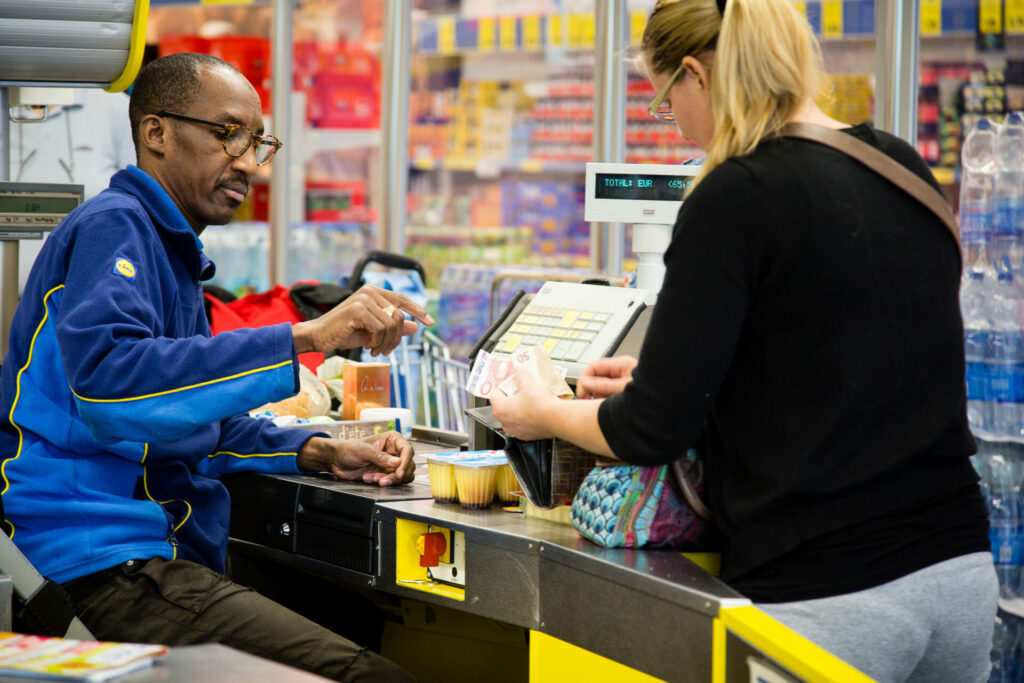Never before have Belgians spent so much money abroad, as ordinary citizens attempt to beat comparatively high Belgian prices, Belgian commerce and services federation Comeos reports.
Relatively cheaper food products across the border in France have long pushed Belgian consumers to do their food shops across the border. Today, as many as one in eight Belgians cross the border every month to do their shopping, which is bad news for the Belgian economy as it decreases tax revenues in the federal budget.
Unlike Belgium, France has taken action to keep prices at the supermarket low, forcing food producers to keep their prices at a sustainable level. Belgian Federal plans will see the VAT rate of food products raise from 6% to 9%, resulting in a raise in the cost of 85% of products in the average supermarket trolley.
“This situation is untenable,” warns Dominique Michel, CEO of Comeos. “The difference between the price of a Belgian shopping cart and that of a French shopping cart is already very visible today. A VAT hike… while our neighbouring countries are mainly focused on keeping prices down, will only increase this difference.”

Credit: Belga / Siska Gremmelprez
High prices in Belgian stores can be largely attributed to comparatively high labour cost and numerous taxes. A series of proposed taxes, such as new taxes of packaging, regional taxes of litter, and proposed VAT increases, will only aggravate the problem.
Belgians have never made so many cross-border purchases in physical shops, totalling €668.59 million in the first three months of this year, against €480 million and €647 million for the same period in 2022 and 2019, according to further statistics from Comeos, relayed by La Libre Belgique.
As a result, over 2% of all shopping by Belgians is now carried out abroad. “Hundreds of millions of euros are being lost. It’s gigantic. These purchases are on an upward curve and it’s going to accelerate,” Michel warned.
Belgians are not just travelling to Belgium for their purchases. Other than €423 million spent on food products and basic necessities in France, Belgians spent €141 million in the Netherlands, and €126 million in Germany and Luxembourg. A whole array of major brands are significantly cheaper outside of Belgium.
Related News
- Price caps à la française won't work in Belgium, experts conclude
- Carrefour 'next in line' to face labour dispute after €61.6 million loss
While the burden of taxes weigh heavily on the overall cost of products at the supermarket, food producers and retailers are also refusing to keep prices competitive. Pierre-Yves Dermagne, Federal minister for the economy, has called on players in the sector to reach an agreement to keep costs down by mid-July. If not, he promises to “take measures” to address the issue.
“If multinationals don’t make the same efforts, there will be a rush to France,” Michel warns. “Producers have to make an effort. I’m not talking about small Belgian producers, but the production giants.”

